Four Immigration Changes to Keep an Eye on in 2020
2020 has been a year of substantial changes to immigration law and policy. Here are four significant changes related to immigration to track in the coming months.
DACA and the future of the program
Following the Supreme Court’s ruling on June 18, 2020, declaring that the manner in which the Trump Administration ended the DACA program was unlawful, the future of this program, which protects undocumented youth immigrants, remains uncertain, with various potential outcomes on the table.
In the weeks following the court's ruling, Trump had claimed that he was prepared to sign an executive order providing a pathway to citizenship for DACA applicants. However, details of this announcement have yet to be fully disclosed, with many expressing concern that the DACA program and its recipients are once again being used as political bargaining chips in Washington.
The latest news on the program indicates that the Trump administration will not accept any new DACA applicants and will review the program in its entirety.
On July 28th, the Department of Homeland Security (DHS) issued a memorandum stating that the agency will:
Reject new and pending initial requests for DACA;
Reject new and pending requests for advanced parole absent exceptional circumstances; and,
Shorten DACA renewal periods to one year instead of two years.
Be sure to check the USCIS DACA page for additional updates and guidance and discuss your particular case with an immigration attorney. For now, it appears too early to tell what the final resolution of all of this will be, but the one thing that seems certain is change is on the way.
Increased fees for asylum and citizenship
In a move that many have decried as part of an ongoing agenda to reduce immigration and bar humanitarian relief, the Trump administration has announced a dramatic increase in immigration application fees, including an 80% increase for naturalization applications and a first-time fee for asylum applicants that will take effect on October 2, 2020. For now, there is no proposed fee increase for DACA applications.
Advocates have noted that the increase in fees for naturalization may be directly linked with an agenda to reduce the number of immigrants obtaining the right to vote in future elections. While the fee of $50 for asylum applications may appear to be nominal, it does send a clear message that the United States is not looking to greet asylum seekers with open arms.
The US now joins only three other countries in the world-- Australia, Fiji, and Iran -- in imposing asylum application fees.
Mass immigration restrictions during COVID-19
This year has been marked by a systematic attack on immigrants and their advocates. The federal executive has engaged in a methodical dismantling of asylum protections, a sharp narrowing of family-based immigration for all but the most wealthy of immigrants, and an all-out war on non-citizens who have contact with law enforcement or are in detention.
With the spread of the Coronavirus throughout the globe, the Trump administration has continued this attack and effectively shut down almost all forms of legal immigration to the United States. Since January of 2020, there has been a reported 94% decline in non-immigrant visas. In addition to the suspension of visas, the administration has effectively halted the entry of migrants and asylum seekers at the border and limited the number of refugees in 2020 to less than 200. Within the United States, there have been delays in issuing decisions on pending green card and naturalization applications.
Immigration advocates have noted that the administration has seized the pandemic to achieve what many believe was long-desired goals, essentially ending legal immigration, particularly to migrants, asylum seekers, and those obtaining status through family petitions.
"You would expect that during this massive public health and economic crisis that the administration's agenda would be sidelined, but instead, it's been as aggressive if not more aggressive than it's ever been," Sarah Pierce, a policy analyst at the Migration Policy Institute, a think tank based in Washington, told CNN in an interview.
The systematic abuse of power against immigrants is not unique to the Trump administration, however, the anti-immigrant driven agenda, malice and lack of disregard for basic due process protections openly endorsed during a global pandemic is a disturbing affirmation of the xenophobic character of this administration.
Federal court blocks “public charge” rule
In a July 29, 2020 decision, Judge George Daniels of the U.S. District Court of the Southern District of New York temporarily blocked the Trump administration’s “public charge” rule. This rule, which went into effect on February 24, 2020, is yet another attempt by the Trump administration to limit who can apply for lawful permanent residency for discriminatory reasons.
In his decision, Judge Daniels stopped the Trump administration from continuing to enforce the public charge rule “for any period during which there is a declared national emergency in response to the COVID-19 outbreak.”
While this decision is a victory for our community as it temporarily freezes the application of the “public charge” rule, this is not a final decision as the government is expected to appeal the ruling. Given the rapidly changing situation and potential impact of the public charge rule, it is all the more critical to speak to a qualified immigration attorney about your individual case.
For more information about the lawsuit and your rights, click here.
This blog post by ILD is intended for informational purposes only and should not be taken as legal advice. If you have specific questions for yourself or your family, please contact ILD or another qualified immigration attorney.

